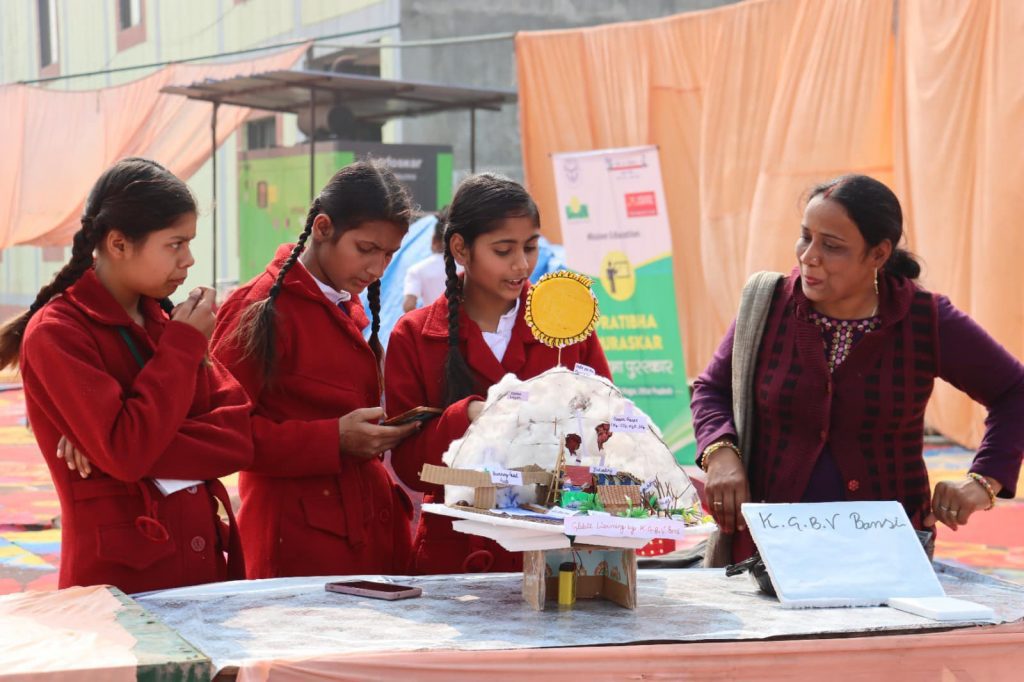Nowadays, India is witnessing a growing shift towards a skills-first economy, where an educational degree alone is not enough to secure a job. With digitisation and technological advances in every sphere of life, more and more employers and hiring managers are looking for youth with fundamental, hands-on skills that can be used on the job from the beginning. Whether coding, digital marketing, technology, design, technical adaptability, and so on, practical skills matter more than traditional academic qualifications.
A recent survey by Indeed, a job-hunting portal, shows that 80% of Indian employers prefer hiring based on skills and experience to educational degrees alone. This shift comes as industries face fast-paced tech changes and newer business needs. Companies want people who can hit the ground running, and to reiterate, that means practical know-how is becoming more valuable than ever.
Why is skill-based hiring becoming so important?
Most jobs today require a practical understanding of the work and industry demand—something vocational and skills training may provide over theory-based learning. This is further motivated by the need to keep upskilling oneself to meet the needs of tech-driven workplaces.
With a growing startup ecosystem, changing business models, and a young workforce, employers focus more on what candidates can do with their skills training than what they’ve studied on paper. This shift is helping bridge the gap between education and employment, helping more startups create employment opportunities.
Further, data shows how skill-based hiring promotes equity and inclusion by evaluating candidates on competencies, not education. According to the 2025 Human Progress Report by ETS, 65 percent of Indian workers believe that skills-first hiring can eliminate discrimination and make India’s job market more equitable. This also creates a space for diverse groups frequently left out of the job market, which once solely prioritised academics over practical skills. It is widely believed that in a country like India, where the urban-rural divide runs deep, many individuals seeking to re-enter the workforce, often in remote or part-time roles, will benefit from this approach. For example, during the pandemic, many women took online courses in digital marketing, content creation, and IT services while balancing home responsibilities to seek employment.
However, this shift in the workforce also calls for a paradigmatic change in the education sector: how we impart education and skill training to the youth to ensure economic mobility.
STEM learning is the way forward
In 2015, the Prime Minister of India launched the ‘Skill India’ programme, which focuses on ‘Kaushal Bharat, Kushal Bharat’.The programme envisions upskilling and training the young population to transform India into the largest manpower supplier in the world. The recent data suggests India is projected to send over 1,00,000 STEM students to the United States by 2026, reflecting a substantial rise in the country’s contribution to global talent pools. This implies that the job market now demands skill-based talent, and India is fulfilling the same.
Understanding the need to bridge this gap between education and industry demands, Smile Foundation, through its STEM (Science, Technology, Engineering, and Mathematics) programme, has been working to empower underprivileged students nationwide by providing hands-on learning experiences. Collaborating with partners like BMW India Foundation and Shell, Smile Foundation has established state-of-the-art STEM labs in government and community schools and mobile labs equipped with solar-powered kits and robotic models. These initiatives aim to engage over 2,500 students annually, fostering creativity, critical thinking, and problem-solving skills among young learners. Additionally, the program includes workshops, innovation challenges, and teacher training to ensure sustainable and impactful STEM education.
In addition, through another initiative, the Smile Twin e-Learning Programme (STeP), Smile offers comprehensive skills training that combines academic learning with practical skills. These programmes enhance core employability skills such as communication, problem-solving, digital literacy, teamwork, and industry-specific retail and digital marketing training. By 2020, over 34,000 youth were trained, and over 20,000 students were placed under the programme. This holistic approach empowers youth, particularly from underserved communities, to achieve economic independence.
Synergy between education and skills
While skills-based jobs have pushed India towards many advancements, the country faces a unique challenge: many graduates but insufficient skills to fill high-demand jobs. Despite many young people entering the workforce each year, businesses struggle to find the right talent, particularly in technical roles.
The root cause is our traditional educational system, which continues to emphasise rote learning, memorisation, and theory-based exams over practical, job-ready abilities. According to a report, over 80 per cent of Indian engineers are unfit for jobs in the economy due to a lack of new-age skills.
To address this growing gap, India needs to reevaluate its educational system. The answer is obvious: a modern curriculum emphasising practical skills, projects, and a close relationship to industry demands. This approach can assist students in bridging the gap between their college coursework and what employers are looking for in the real world.
In the coming days, the success of modern educational institutions will lie in focusing on skills rather than just exams, to solve India’s job crisis. Moving away from outdated learning methods can make a big difference, like:
- Reducing unemployment: When schools align their curriculum with what industries need, students graduate with job-ready skills, helping to close the gap between job openings and qualified candidates.
- Encouraging innovation: Imbibing critical analysis classes and engaging students in critical thinking can help build skills to solve real-world problems. This helps create a culture of creativity and entrepreneurship, boosting India’s economy.
- Preparing for global careers: India has a massive pool of talented students. With proper tech-based education and classroom teaching, students can compete globally at leading tech firms or by building their own startups.
Partnership plays its key role
A modern, skills-first curriculum must become the norm to unlock the full potential of India’s young workforce. This requires strong partnerships between schools, the government, and industries. Some key steps include:
- Partnering with tech companies: Schools should work with tech firms to create up-to-date curricula that match current job market demands.
- Government support: Grants and rewards should be given to institutions prioritising skill-based education to encourage wider adoption.
- Expanding to rural areas: Skills-based, tech-driven education should be made accessible in rural regions, where students have often been left out of major education reforms.
Through our skills programme, Smile Foundation connects youth from disadvantaged groups and communities with sectors with considerable growth potential and employability. The staggering youth population underutilised in the job market because of a lack of requisite qualifications and training are upskilled, uplifted, and mainstreamed to become a part of the country’s growth story. The initiative aims to complement the government’s vision and efforts under the Skill India mission, and is aligned with the Sustainable Development Goals 4 and 8. In the last financial year, 9,000 youth were trained, 5500 were placed under this programme, with 96% of enrollees qualifying to receive the STeP certification
Further, as part of CSR activities, Smile has joined hands with Berger Paints to initiate their iTrain on Wheels programme, aimed at enhancing the painting skills of local painters. This project aims to provide painters across India with specialised training in various techniques, empowering them for more diverse employment opportunities and elevating their overall quality of life. iTrain on Wheels is a platform for painters to acquire new skills and improve their existing ones.
With components of spoken English, financial literacy, basic computers, personality development, and industry visits, we believe in nurturing young minds and improving livelihoods by aligning training with industry needs and facilitating job placements.










